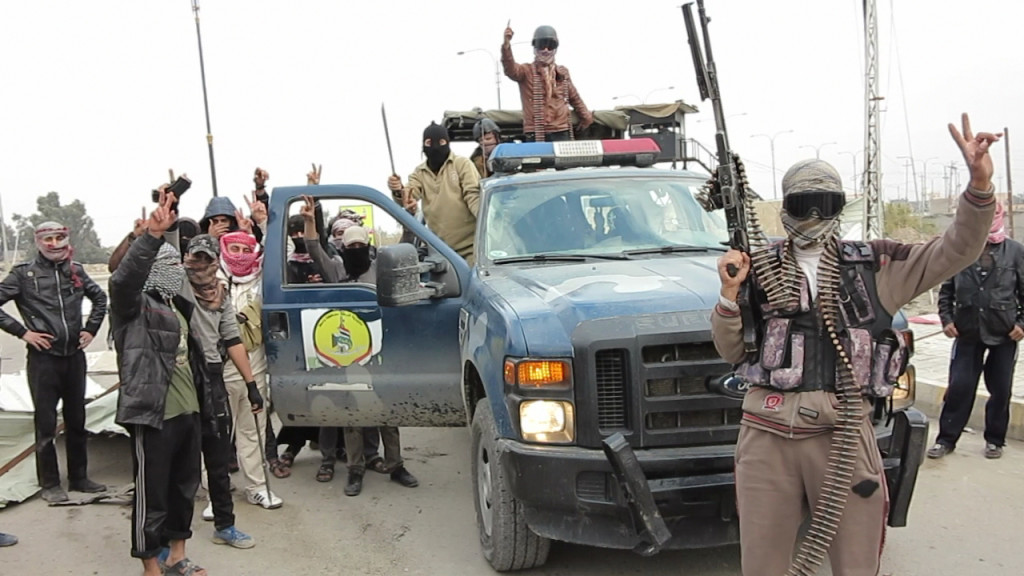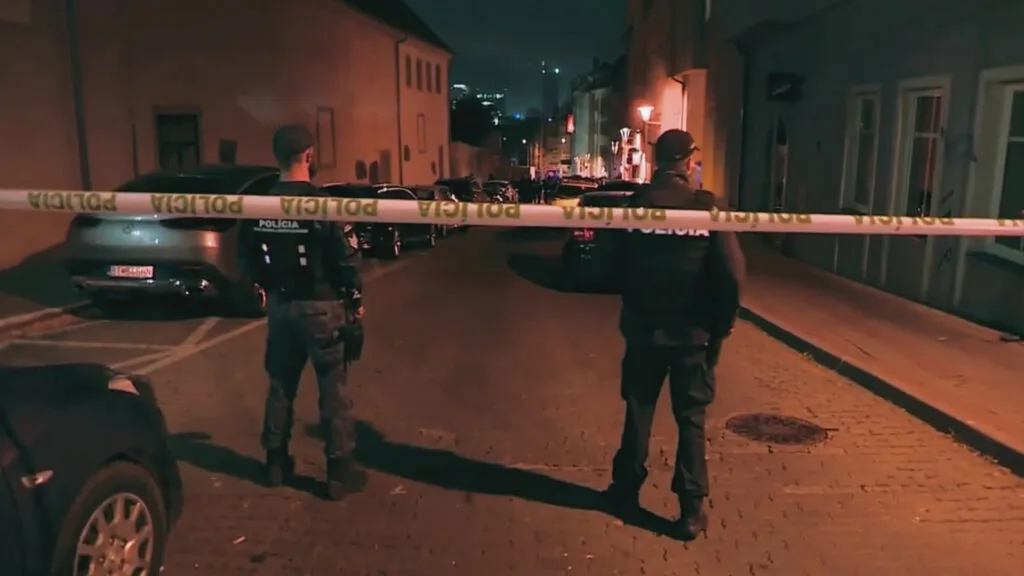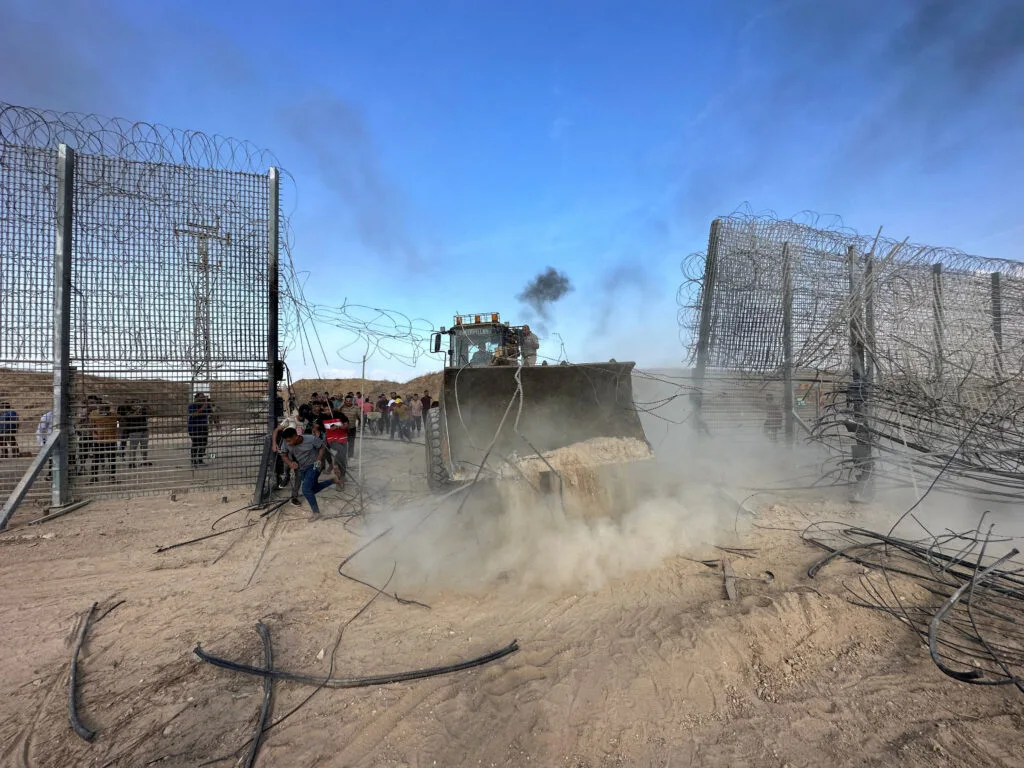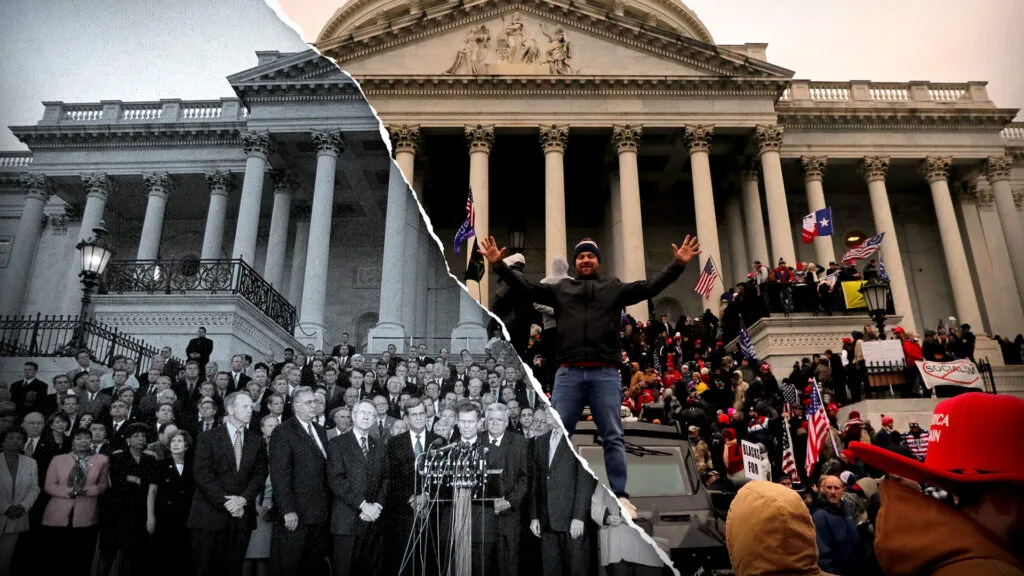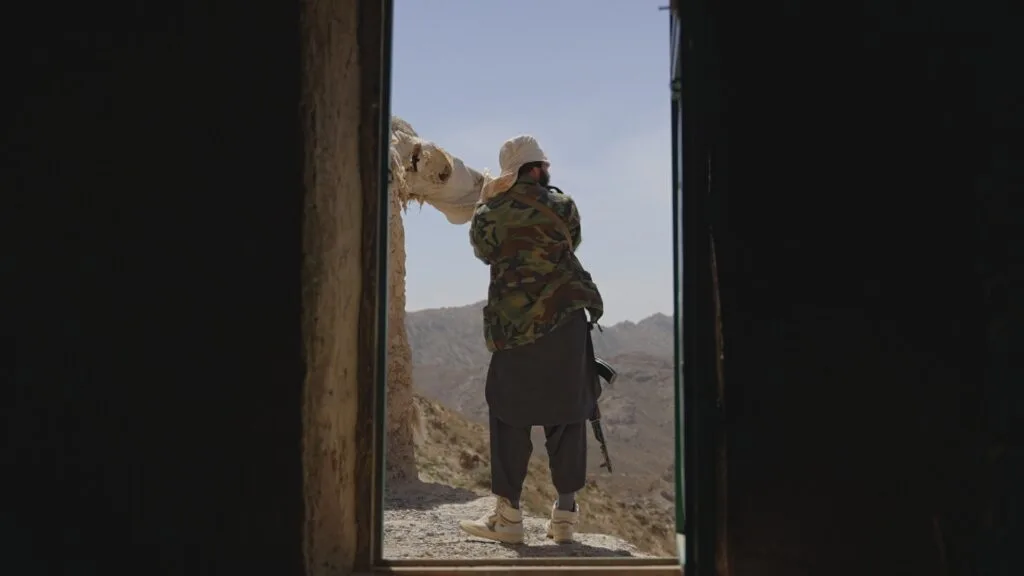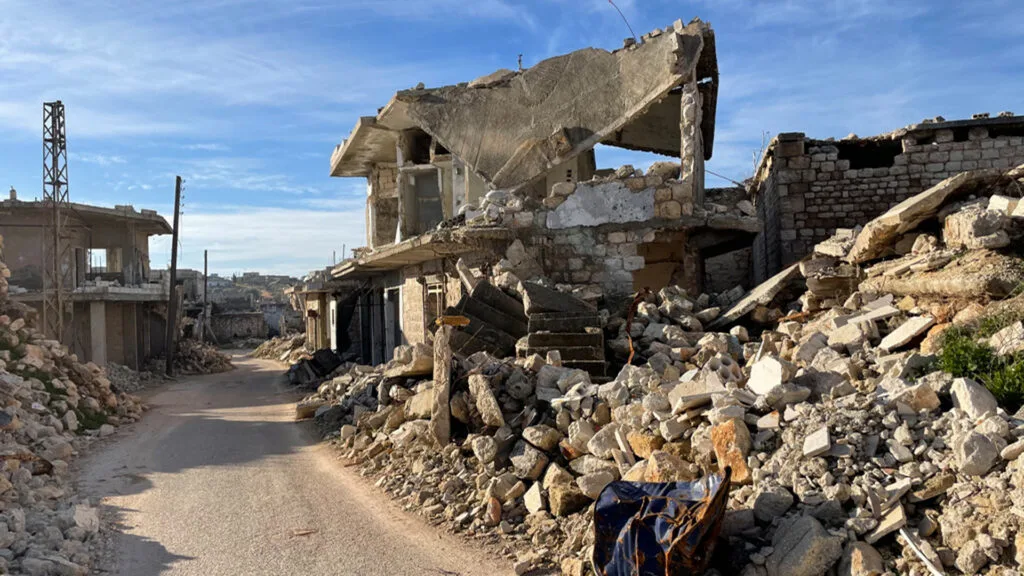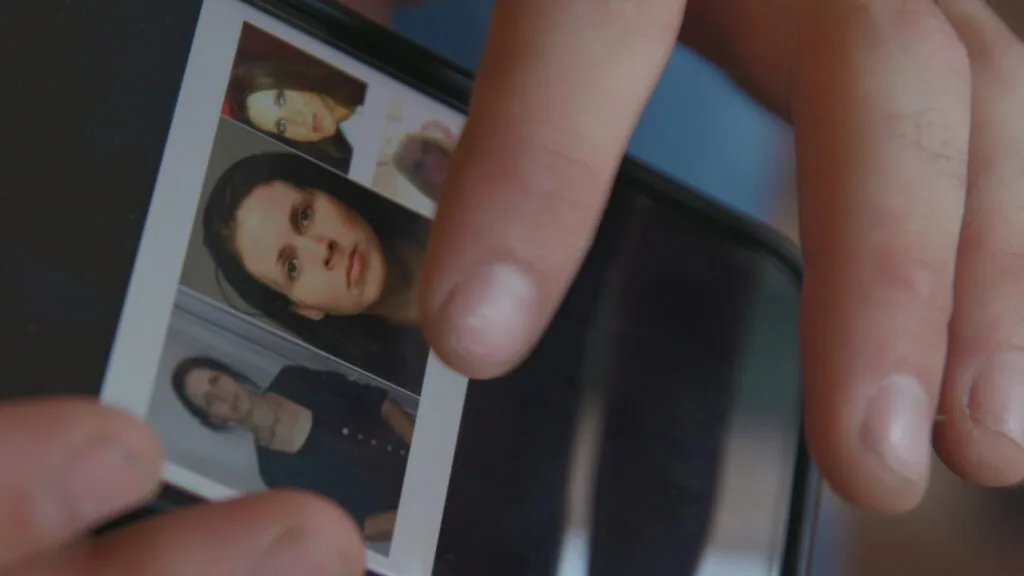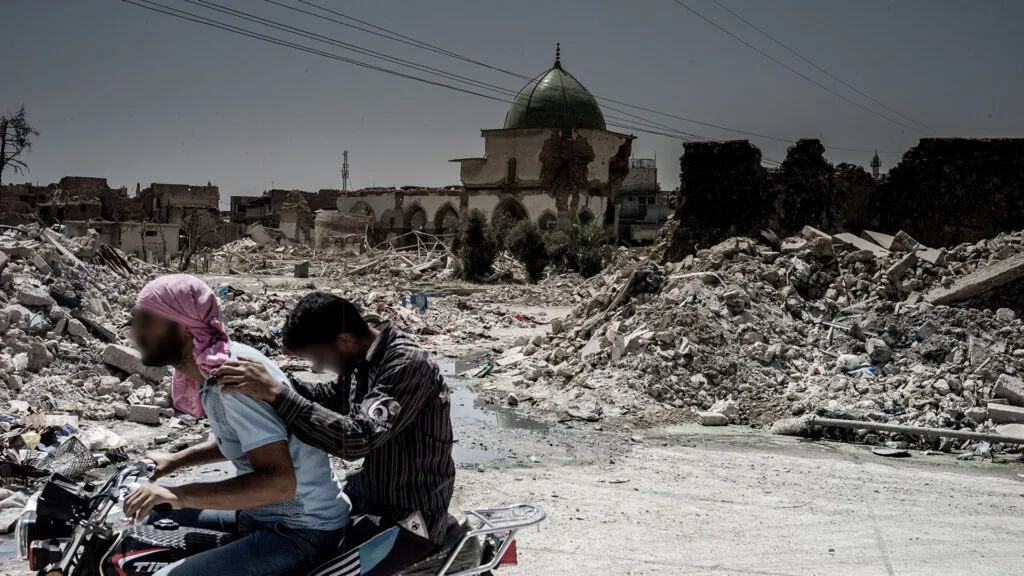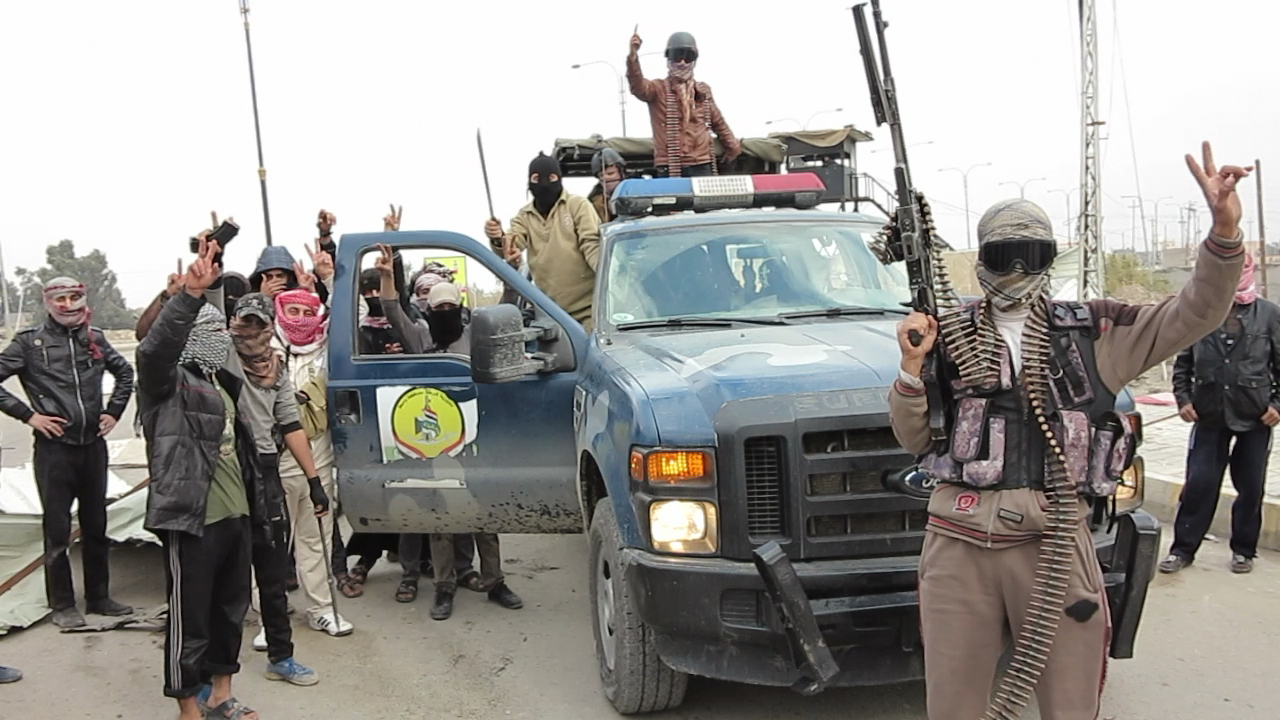The Bomb Detectors That Didn’t Work in Baghdad
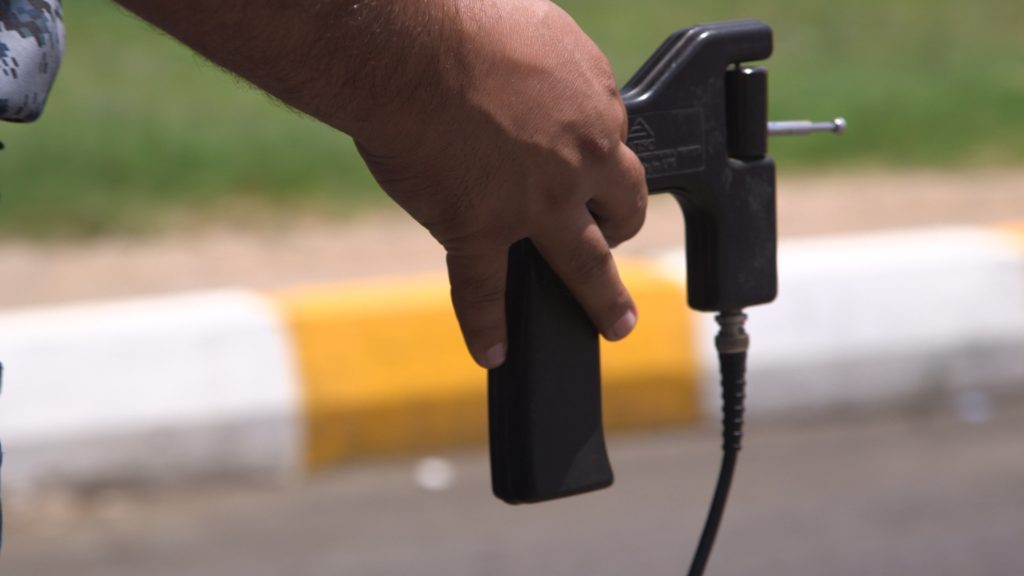
July 6, 2016
Share
The deadliest suicide bombing in Iraq in almost a decade hit a crowded shopping street in Baghdad near the end of Ramadan on Sunday. A day later, Prime Minister Haider al-Abadi ordered the country’s security services to stop using the fraudulent bomb detectors that have become a fixture at security checkpoints across the country. The order would come too late for the 292 people killed in the Karrada bombing.
The ADE 651 bomb detector, also known as a “magic wand,” has been known to be fake for years.
The British businessman who sold them, James McCormick, is thought to have made millions on the devices, which were modeled on a novelty golf ball finder. McCormick was eventually sentenced to 10 years in prison for fraud, and in 2010, the United Kingdom banned their export.
But when FRONTLINE filmmaker Martin Smith went to Baghdad in 2014, he noticed widespread use of the wands — plastic handles with antennas attached to them — at security checkpoints. By then, the Iraqi government had spent $85 million on the devices. Smith noted that “to see them still relied upon is disturbing.” When they asked a soldier if he believed the ADE 651 worked, he said, “About 70 percent of the time.”
On Tuesday, Iraq’s interior minister, Mohammed Ghabban, called the checkpoints in Baghdad “absolutely useless,” as he tendered his resignation. He said the vehicle used in the suicide bombing came from Diyala province, meaning it would have gone through a security checkpoint on its way into the capital. ISIS claimed responsibility for the attack.
The Washington Post laid out how the ADE 651 became a lightning rod for Iraqi anger after the bombing:
An Arabic hashtag began trending for “soup detectors,” mocking the absurdity that these handheld devices can detect explosives. The Ministry of Interior’s website was hacked and a picture of a bloodied baby was posted along with a bomb detector bearing the Islamic State’s markings — making the point that the fake wands aid only those intent on killing civilians. “I don’t know how you sleep at night,” the hacked site read. “Your conscience is dead.”
After being met by angry crowds at the site of the bombing, Abadi put out a statement on Sunday saying, “All security forces must take away the handheld detectors from checkpoints and the (ministry of interior) must reopen the investigation for corruption in the contracts for these devices and follow all entities which participated in them.”
Despite the prime minister’s statement, journalists in Baghdad reported seeing the wands in use the morning after the order was issued.
Note: This post was updated on July 7th to reflect the latest death toll.

Related Documentaries
Latest Documentaries
Related Stories
Related Stories
Explore
Policies
Teacher Center
Funding for FRONTLINE is provided through the support of PBS viewers and by the Corporation for Public Broadcasting, with major support from Ford Foundation. Additional funding is provided the Abrams Foundation, Park Foundation, John D. and Catherine T. MacArthur Foundation, Heising-Simons Foundation, and the FRONTLINE Trust, with major support from Jon and Jo Ann Hagler on behalf of the Jon L. Hagler Foundation, and additional support from Koo and Patricia Yuen. FRONTLINE is a registered trademark of WGBH Educational Foundation. Web Site Copyright ©1995-2025 WGBH Educational Foundation. PBS is a 501(c)(3) not-for-profit organization.
